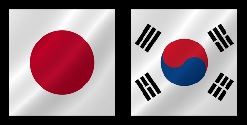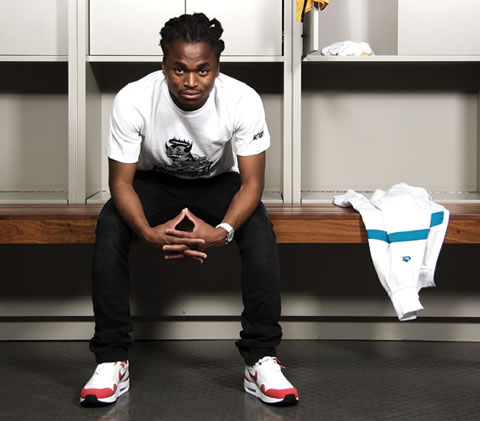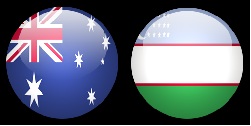World Cup 2010 Blog: “Japan vs. South Korea Statistical Preview” plus 2 more |  |
- Japan vs. South Korea Statistical Preview
- Siphiwe Tshabalala’s Coming To Europe
- Uzbekistan vs. Australia Statistical Preview
| Japan vs. South Korea Statistical Preview Posted: 24 Jan 2011 12:36 PM PST
Goalkeeping and Defense Passing and Midfield Attack What to Expect For more on these two teams, check out our excellent Japan and South Korea blogs. |
| Siphiwe Tshabalala’s Coming To Europe Posted: 24 Jan 2011 11:10 AM PST
Arguably the African-based breakout star of the World Cup in his home country, there was much speculation at the time as to when – not if – Siphiwe Tshabalala would come to Europe, and which country’s commentators would be afforded the chance to say his wonderful name. And now, eight months later, we know: England. Of course if it was the Premiership that’s how it would read – he’s signed with Nottingham Forest, currently of the Championship and Prem aspirants (6th and in the playoff places at the moment). And Tshabalala even did so after going through a one-week trial, which seems a bit much for a World Cup hero and someone whose name alone will send shirts flying right off the racks. (And don’t forget the faux-stensions, too.)
Perhaps they just wanted a one-week sneak peek at that awesome dance. |
| Uzbekistan vs. Australia Statistical Preview Posted: 24 Jan 2011 10:58 AM PST
Defense and Goalkeeping Midfield and Passing Attack What to Expect |
| You are subscribed to email updates from International Football News - World Cup Blog To stop receiving these emails, you may unsubscribe now. | Email delivery powered by Google |
| Google Inc., 20 West Kinzie, Chicago IL USA 60610 | |

 Thanks to the folks over at the
Thanks to the folks over at the 
 Thanks to the folks at the
Thanks to the folks at the 


